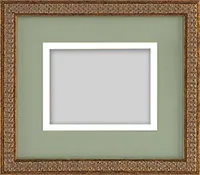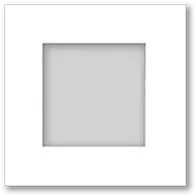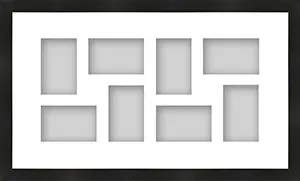Ok
Ok
What is the question
Cancel
My Account
Log In
Favorites
Saved Designs
Log In
Shopping Cart
Search
Backing Paper
Definition: Backing Paper is a sheet of paper adhered to the back of a custom picture frame. Once applied and trimmed to size, it creates a dust cover that prevents dirt, debris, and insects from entering the frame and compromising the artwork or materials inside. It is typically applied with double-sided tape or ATG tape and finished with clean, straight edges for a professional look.
Functions
- Serves as a dust barrier to protect framed artwork from contaminants.
- Provides a neat, finished appearance to the back of a frame.
- Helps deter insect infestation that could damage organic materials.
- Seals out light drafts that may introduce moisture fluctuations.
Common Types
- Standard Kraft Paper: A cost-effective option for general framing needs.
- Archival Backing Paper: Acid-free paper used in conservation or preservation framing.
- Butcher Paper: Sometimes used as a substitute for economical dust covers.
Application
- Attached using ATG Tape or double-sided tape along frame edges.
- Excess paper is trimmed cleanly with a utility knife or razor blade.
- Optional use of a protective spray or coating for increased longevity.
Advantages
- Simple and inexpensive protective layer.
- Improves the aesthetic finish of the frame's backside.
- Easy to replace if damaged during handling or transport.
Related Terms









